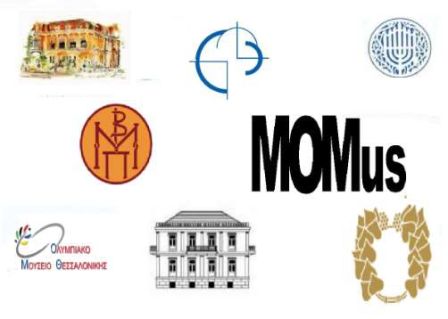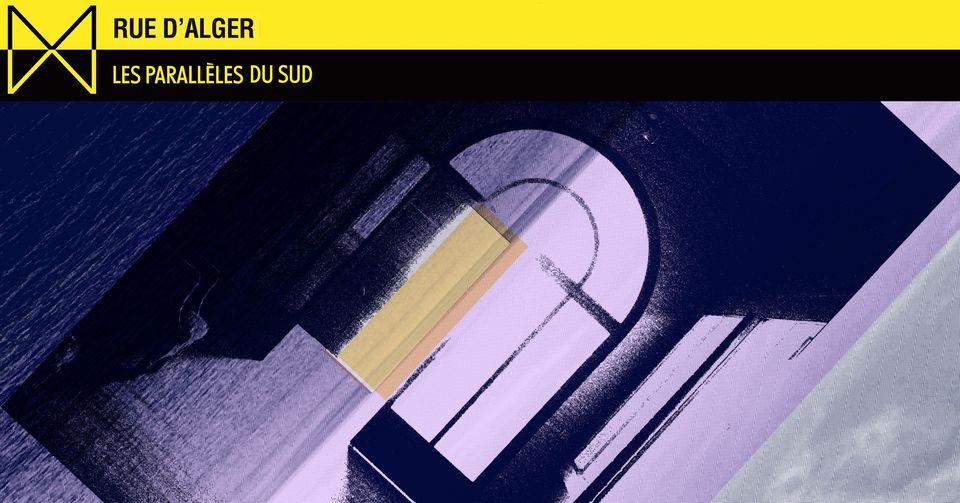“Culture, borders, gender: Interpretive understanding, creative practices and historical journeys in the Balkans, Eastern Europe, Eastern Mediterranean, and the Middle East “
26-28 February 2021
Organization: Laboratory for the Study of Culture, Borders, and Gender, Department of Balkan Slavic and Oriental Studies, University of Macedonia
On the occasion of the completion of 5 years since the establishment of Culture – Borders – Gender / LΑB
CALL FOR PARTICIPATION AND PRESENTATION OF
ANNOUNCEMENT
The combination of theoretical, epistemological, and methodological traditions and approaches between different scientific fields, aiming at the cultivation of Area Studies, is the basis on which the Laboratory for the Study of Culture, Borders, and Gender of the Department of Department of Balkan Slavic and Oriental Studies operates. According to the premises of its founding act and its scientific goals, the Laboratory studies complex processes of culture and gender experiences, as well as processes of creating boundaries and boundaries, similarities and differences, on a cultural and symbolic level.
At the core of the Laboratory’s approach is the study of cultures as a historical, social, and interpretive process in the SE and AN. Europe, the Eastern Mediterranean, and the Middle East. Populations living in border areas between nation-states, and/or moving through them, and the ways in which gender is constructed and gender experience are also examined comparatively.
On the occasion of the five years since its establishment, and in the context of the fulfillment of the above objectives, the Culture – Borders – Gender / LΑB organizes the 2nd Seminar for Ph.D. candidates, in order to highlight the work done by early-stage researchers.
The call for participation in the seminar is addressed to early-stage researchers in the social sciences and humanities and concerns case studies that focus indicatively, and not exclusively, on the following thematic areas but also on their possible combinations:
• Cultural practices, rituals, symbols, institutions, reasons
• Borders and border areas, identities and diversity, cross-border mobility
• Minority, immigration, and refugee experiences
• Gender, gender relations, body
• Literature, arts, language and translation
• Material culture, space, architecture, monuments
• Digital technologies, digital and audiovisual culture
About the program
• This year’s 2nd Seminar will be held online with the possibility of connection and attendance by any interested party (after registration).
• It will include panels with guest speakers / three and sessions with researchers’ announcements.
• A certificate of attendance will be issued.
• Details of the program, the participants, and other organizational information will be announced in due course.
• Working languages will be Greek and English.
Send abstracts for an announcement
Deadline: January 20, 2021
Contact email: anna@uom.edu.gr , Information: Anna Moumtzoglou
• Summary of 250 words (in Greek or English) with the title of the announcement
• 5-8 keywords relevant to the case study
• Contact details: name, scientific status, email address
INVITATION TO SUBMIT AN ARTICLE FOR
PUBLICATION
ELECTRONIC MINUTES OF THE MEETING (e-book)
The Culture – Borders
– Gender / LΑB and the organizing committee will edit the
publication of the electronic minutes of the meeting, which will include the
elaborated texts of the presentation. Writing language can be Greek or English.
Deadline for the Submission of paper: May 15, 2021


